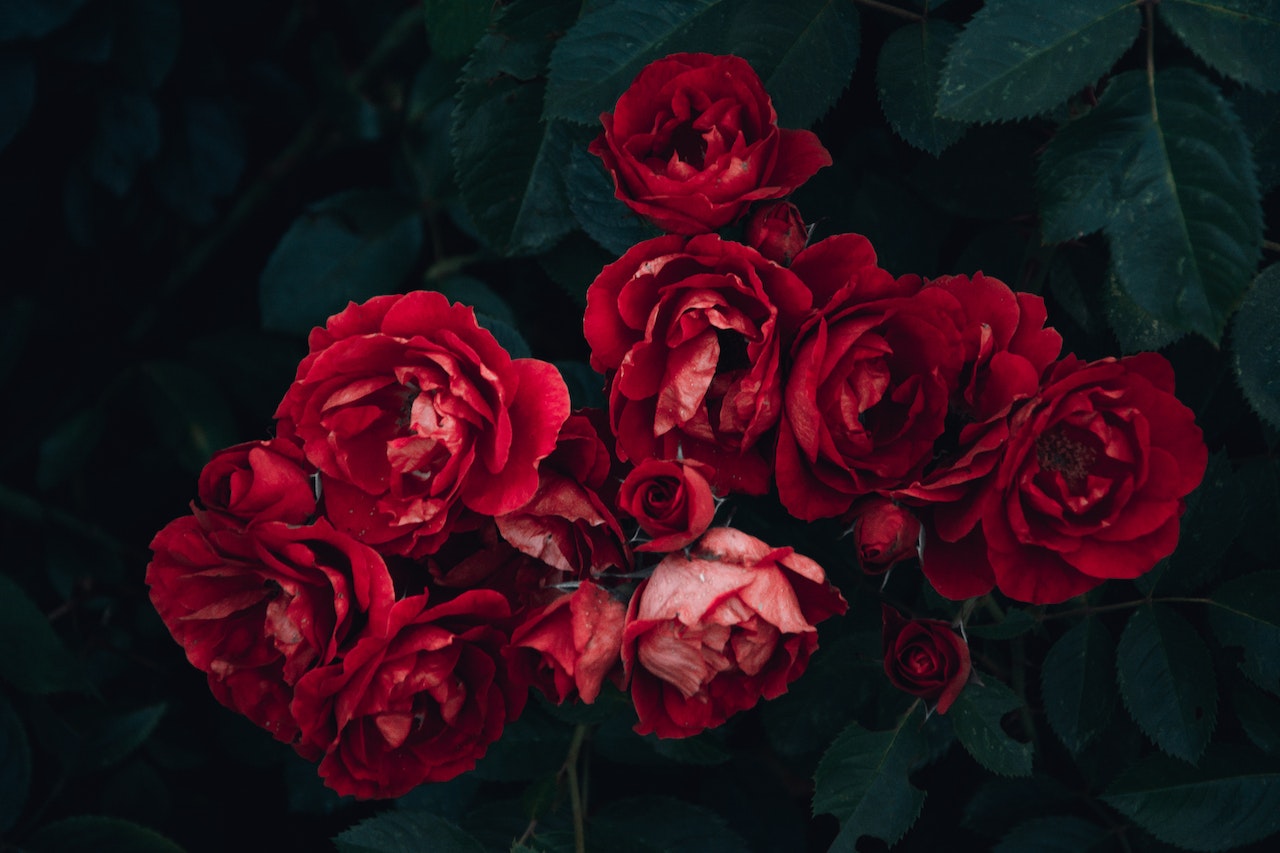Some thoughts after Women’s Day

The history of secular madness has come full circle. I am referring to Women’s Day. We celebrated it not too long ago, generally accustomed to the leftist tradition, and in good faith paying respect to the fair sex, even if some of its representatives have not behaved beaut
ifully lately
Wojciech Roszkowski
Let’s recall: the first celebration of Women’s Day was organized in New York on February 28th, 1909 by the Socialist Labor Party of America at the initiative of suffragist Therese Malkiel. In 1910, the International Socialist Women’s Conference was held in Copenhagen, where German delegates, headed by Klara Zetkin, proposed celebrating the annual Women’s Day on March 8th, to commemorate the strike of women garment workers in New York in 1857. The purpose of this initiative was to promote women’s rights and the idea of universal suffrage for women. Still, March 8th was not adopted everywhere at the time.
February 23rd, 1917 – according to the Julian calendar – there were mass strikes and demonstrations by Russian women, who joined the movement that overthrew the tsarism and established the authority of the provisional government. This government granted women in Russia the right to vote, and February 23rd turned out to be March 8th according to the Gregorian calendar. Consequently, after the Bolshevik Revolution, March 8th became the official Women’s Day in the USSR, gradually adopted by the entire “progressive” world, also followed by – very often habitually – much of the non-progressive world.
As can be seen from this, in the vanguard of progress are the forces of the left in the United States, whose achievements are then adopted by the whole world. Over the following decades, the custom of celebrating March 8th became quite common because it was the right thing to do… Where could one question the role of women, who should be loved, after all? Not to give a flower to a woman on Women’s Day bordered on impertinence and even rudeness. In Poland it was said: ‘A woman must not be hit even with a flower.” Thus flowers were given even by those who could hit others with something else, not merely a bad word. Discrimination against women, however, was disallowed more and more. This was taken care of by feminists of successive generations.
Times have changed. Already at the end of the 20th century it was noted that in many areas of life women had taken a dominant position, that they were able not only to parade in skimpy outfits at fashion shows, but also to compete in weightlifting, pilot airplanes, command subdivisions in the army or manage corporations. In schools and universities, girls performed on average better than their male peers, continuing to demand “non-discrimination” and even special treatment. The European Union’s principle of “equality between men and women in all fields” was becoming more and more a fiction.
Well, and with the help of progress, the hapless women lived to see a terrible revenge. Gender ideology essentially undermined the essence of femininity – to the point that the vanguard of feminism found itself in a quagmire. Anyone could become a woman, even without surgery. Men began to win in women’s sports competitions, get into women’s bathrooms and prison cells, doing what they had always done – hurting women. Recently, again in the United States, the film “What Is a Woman” was released, in which journalist Matt Walsh asked scientists, politicians, and social activists this very question: “What is a woman?” The answers may have surprised only those who do not keep up with progress. Most said that a woman becomes a man by choice, that the question was poorly posed or indicative of discrimination and rudeness, that it was about crushing women with the burden of “reproduction.” The next session of the UN Commission on Women is coming up. I dread to think what will happen there.
It seems that Women’s Day has become a holiday for homophobes, transphobes, fascists, and in general enemies of progress, who continue to revel in the genius of womanhood, extol women’s charms, and talents or maternal instinct, thanks to which we all somehow survived the hardships of early childhood.
This article was published in 2023 in Do Rzeczy magazine



